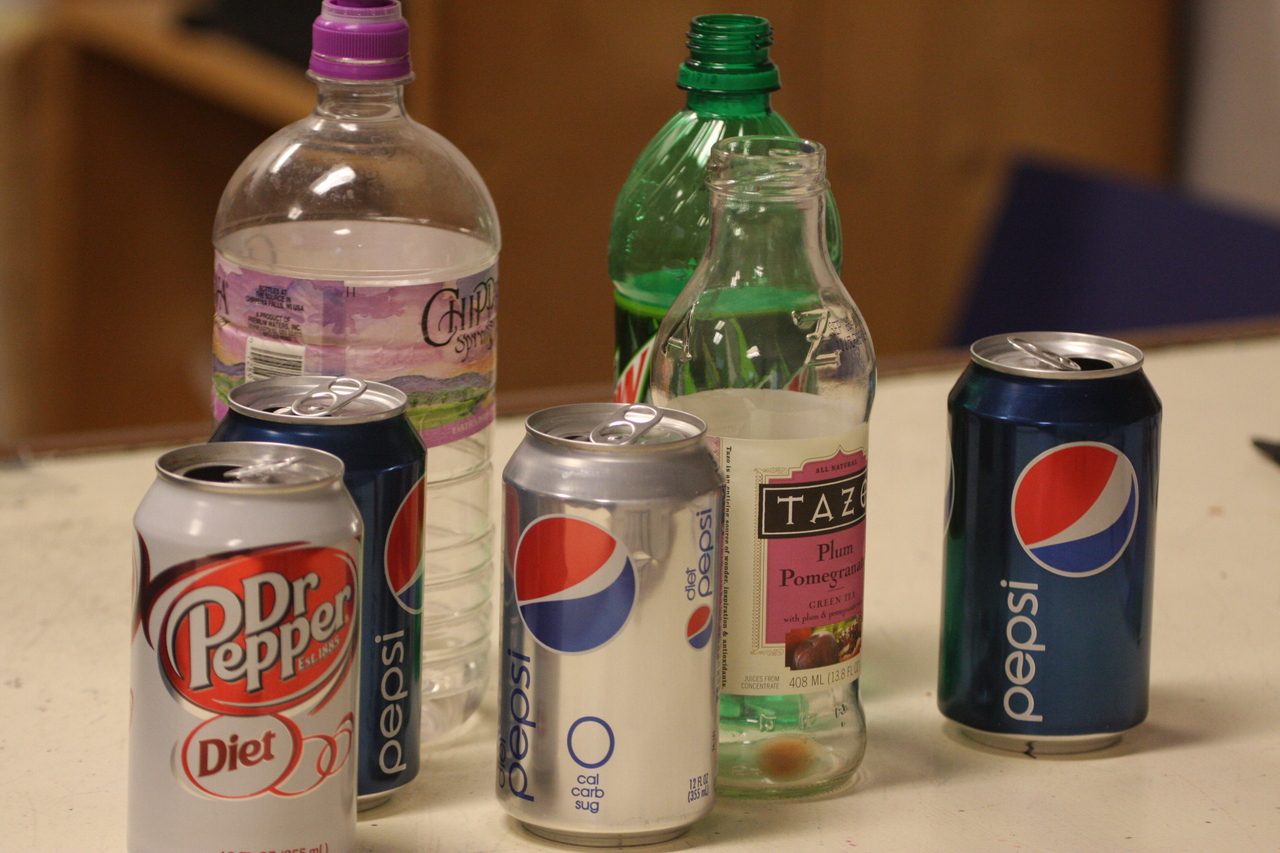Support the Timberjay by making a donation.
Bottle deposit bill sees renewed interest in state
Bill would add 10¢ deposit on beverage containers, funds would go to environmental projects and county solid waste departments
A old idea is getting some new attention from legislators in St. Paul.
A bill to require a return deposit on all beverage containers is being actively pushed in both the House and Senate this …
This item is available in full to subscribers.
Attention subscribers
To continue reading, you will need to either log in to your subscriber account, or purchase a new subscription.
If you are a current print subscriber, you can set up a free website account and connect your subscription to it by clicking here.
If you are a digital subscriber with an active, online-only subscription then you already have an account here. Just reset your password if you've not yet logged in to your account on this new site.
Otherwise, click here to view your options for subscribing.
Please log in to continue |
Bottle deposit bill sees renewed interest in state
Bill would add 10¢ deposit on beverage containers, funds would go to environmental projects and county solid waste departments
A old idea is getting some new attention from legislators in St. Paul.
A bill to require a return deposit on all beverage containers is being actively pushed in both the House and Senate this session, and the effort is being spearheaded by two young people who have been traveling the state recently to build support for the idea.
They’re getting help from the Minnesota Environmental Initiative, which recently issued a report to the state’s Pollution Control Agency recommending a 10¢ deposit on beverage cans and bottles. Supporters, including a growing number of county solid waste officials, say the measure would bring a number of benefits, but perhaps the most significant in these troubled budget times would be the estimated $90 million a year in revenue from unredeemed deposits.
“That money would be split between the state’s environmental fund and county solid waste departments,” said Sarah Heuer, one of the two recent graduates of Bethel College who are actively pushing the measure.
The first time a bottle deposit bill was advanced down in St. Paul, Heuer and her fellow advocate, Ben Olson, now a graduate student at UM-D, weren’t even born. The idea has been around for decades, but each time it has gained traction, it has been buried under the political heft of the state’s bottling industry. In the past, the industry could also rely on labor unions to oppose the bill, but this time Olson thinks unions are coming around. “A lot of unions are realizing that this is a job creator, and they’ll likely support the measure,” he said.
County solid waste officials say the benefits are clear. “Here’s a prime example of where you could significantly reduce greenhouse gases by recycling things like aluminum cans, rather than producing them from raw material, which takes much more energy,” said Terry Soderberg, with the St. Louis County Solid Waste Department. The new revenues the program would create are also an incentive, said Soderberg. “With monies getting tighter and tighter from the state end, we need to be looking at other sources of funding,” he said.
Currently, 11 states have deposit laws in place, and supporters of the measure here in Minnesota point out that deposits on cans and bottles greatly increase recycling rates, reduce roadside litter and energy usage.
Among states that have deposit laws, Olson notes that most enjoy recycling rates for cans and bottles of 80-90 percent. That compares to a statewide average rate in Minnesota of about 35 percent. Locally, residents of St. Louis County are recycling at about that same rate, which means there’s plenty of room for improvement.
The state of Minnesota has a statewide goal of recycling 80 percent of cans and bottles by 2012, but it’s unlikely to meet that objective without a deposit law in place, says Olson.
“A deposit law would at least double our recycling rate,” he added.
That would not only mean fewer cans and bottles along the state’s roadways, it would also save expensive landfill space for Minnesota counties. Heuer said she likes the fact that half of the funds raised from unredeemed deposits goes back to county solid waste programs, because it will help them increase their recycling efforts in other ways. “So even if you don’t recycle yourself, your unredeemed deposits will go to help the recycling efforts of others,” said Heuer.






